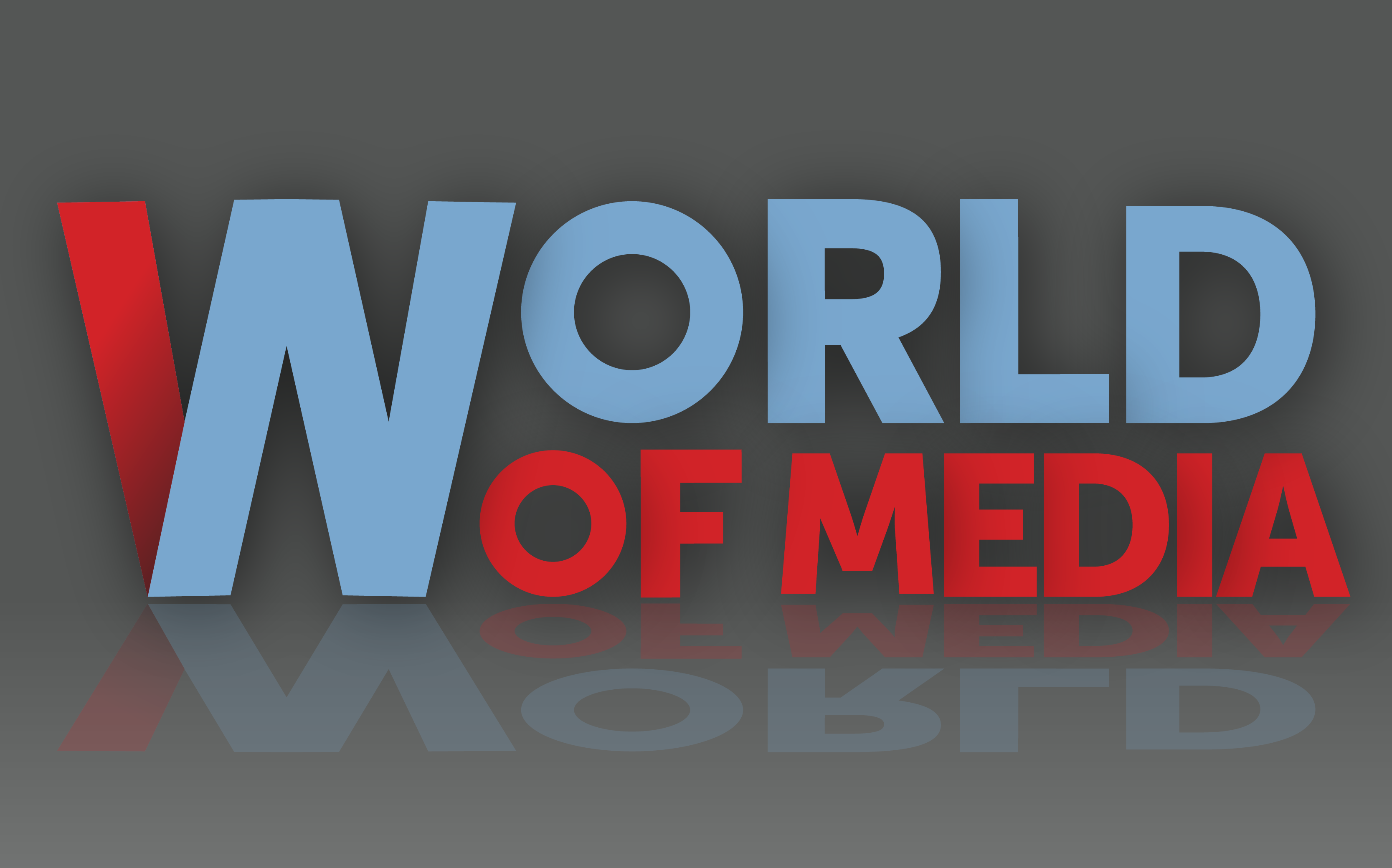‘Political advertising can be used to influence votes’

Twitter CEO Jack Dorsey has announced a decision to ban political advertising on Twitter ahead of the pivotal US elections in 2020.
Announcing the decision via a series of tweets, Dorsey said: “While internet advertising is incredibly powerful and very effective for commercial advertisers, that power brings significant risks to politics, where it can be used to influence votes to affect the lives of millions.”
The New Scientist has more on the story here.
Wavemaker secures another term as L’Oreal’s agency in Thailand

French beauty house L’Oreal has reappointed Wavemaker to handle its advertising business in Thailand. This is the media agency’s twelfth year handling the business, and its scope has expanded, Marketing Interactive reported.
It will cover four divisions and brand including professional products division, consumer products division, L’Oréal Luxe and active cosmetics division.
Managing director of Wavemaker in Thailand, Christina Vacharanetr, told the trade publication the company’s strong understanding of the purchase journey understanding as well as its operating system had “enabled Wavemaker to become strategic consultants in the marketing strategy, digital and data space”.
For more, read the Marketing Interactive story here.
McDonald’s ‘Sundae Bloody Sundae’ Halloween ad falls short

McDonald’s Halloween ad has fallen short of the mark, sparking outrage over its ‘Sundae Bloody Sundae’ payoff line.
“The campaign was intended as a celebration of Halloween, not as an insensitive reference to any historical event or to upset or insult anyone in any way. We sincerely apologise for any offence or distress this may have caused,” the global burger company said in a statement.
Fourteen unarmed Catholic protesters were killed by British troops in Northern Ireland in 1972 in an event known as ‘Bloody Sunday’. Sunday Bloody Sunday is a song by U2 recorded in memory of that day.
Read the story by BoingBoing.net here.
Brexit gloom fails to dampen UK adspend
Despite the uncertainty over Brexit, advertising expenditure in the United Kingdom was higher in the first half of the year than the same time in 2018. The latest Advertising Association/WARD Expenditure Report valued this at £12 billion and predicted full year spending of £24.7 billion.
“Overall market growth is being driven by increased spend on online advertising, which saw rises across most formats though the biggest of these came outside of the usual drivers of search and pure play display,” WARC reported.
“Digital ad formats for radio broadcasters witnessed a year-on-year rise of 15.9% while TV video on demand (VOD) saw an increase of 20.0%. Digital out of home – not included in online totals – experienced growth of 17.2%,” it added.
For more, read the report here.
Facebook’s Oculus VR headset contributes to bottom line

A chunk of Facebook’s non-advertising revenue is coming from the sale of its Oculus Quest virtual reality headsets. The tech giant’s revenue jumped to $269 million during the third quarter, a 43% increase year-over-year.
It has sold 400 000 units since launching in 2015, a slower than expected take up of the product. Facebook CEO Mark Zuckerberg said he was still optimistic: “I think that the long-term vision and the reasons why I thought this was going to be important and big are unchanged,” QZ reported.
For more, read the story on qz.com














